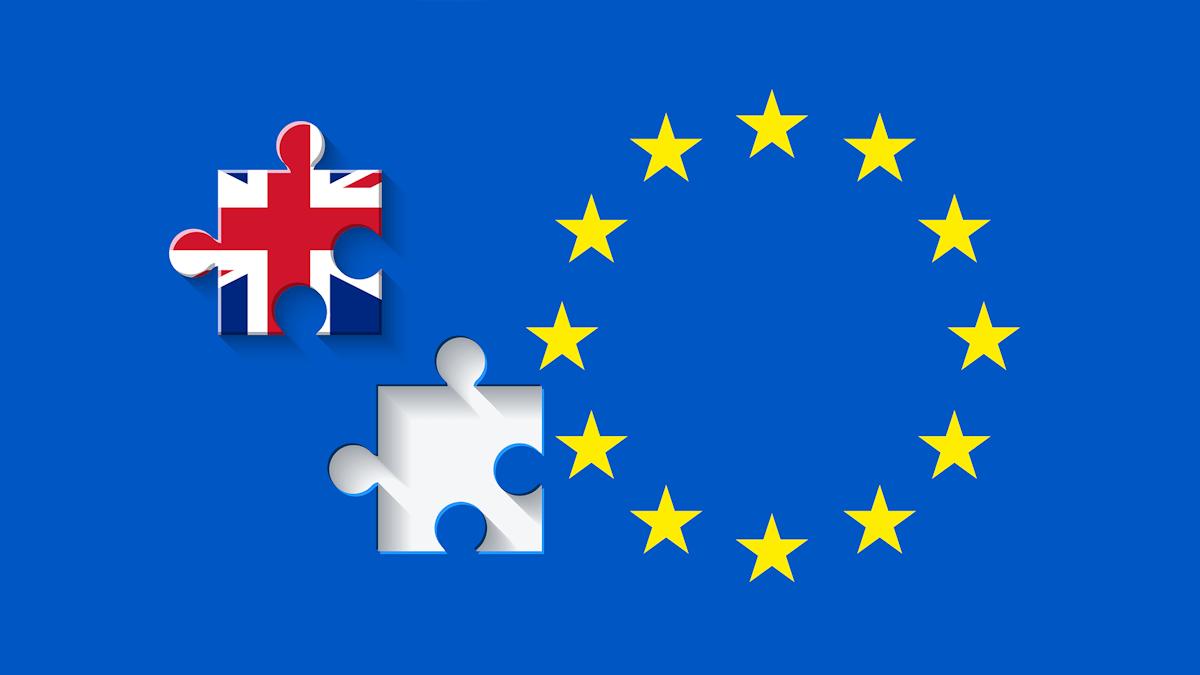Pharma industry body urges “ambition” in UK-EU trade talks

A pharma industry group has welcomed the UK’s priorities in trade talks due to start with the EU on Monday, but is tight-lipped about the government’s threat to walk away from the table in June if initial exchanges don’t go well.
The Association of the British Pharmaceutical Industry (ABPI) likes a number of elements in the new position document published this week, including mutual recognition of manufacturing standards, information sharing on safety data, and participation in the €100 billion Horizon Europe science programme post-Brexit.
It also welcomed the commitment to high standards for intellectual property rights, mutual recognition of professional qualifications, and continued cooperation in areas like antimicrobial resistance and animal welfare standards.
The UK government has set out “a vision for a future relationship where both sides can work together in the interest of patient safety, public health, and the pursuit of scientific progress for UK and EU citizens,” according to ABPI chief executive Richard Torbett, who urged “ambition and pragmatism” as the talks get underway to achieve those goals.
The ABPI wouldn’t comment on the government’s position that it will not accept alignment with EU rules and would be prepared to walk away from free trade agreement talks within weeks if there isn’t a “broad outline” of a deal.
The UK would have to see “good progress” in the talks on areas like financial services and data – which it views as being relatively straightforward elements for negotiation – with the prospect of a deal being finalised by the deadline at the end of this year.
If it walks away, the UK will start down a path towards a no-deal Brexit – something industry almost universally wants to avoid – and the prospect of trading under World Trade Organization (WTO) rules that would include the imposition of tariffs on some goods.
The document reiterates the UK’s position that it would like to agree a Canada-style free-trade agreement, but notes that “if it is not possible to negotiate a satisfactory outcome, then the trading relationship with the EU will rest on the 2019 Withdrawal Agreement and will look similar to Australia's.”
WTO rules do include a Pharmaceutical Tariff Elimination Agreement which aims to reduce duties to zero on certain pharmaceutical products, but this is out-of-date, according to the BioIndustry Association (BIA) trade group.
The agreement – which covers finished pharmaceutical products and specified active pharmaceutical ingredients (APIs) intermediaries – “needs a significant update to the specified list of APIs and intermediaries that qualify,” said the BIA earlier this month.
The organisation says it has been asking the UK government to discuss revisions to the agreement with WTO members for the last three years, without any action being taken, and if it isn’t updated “innovative pharmaceuticals products manufactured in the UK could be at risk of being subject to tariffs in the years ahead.”
Meanwhile, with an eye on the UK-EU trade talks as well as ongoing negotiations with other parts of the world, this week also saw the relaunch of the All-Party Parliamentary Group (APPG) for Life Sciences.
At its first meeting following the General Election, the APPG – chaired by Daniel Zeichner MP – considered how parliamentarians, government and industry can work together to ensure that patients and the economy continue to benefit from innovation in the UK life sciences sector.













